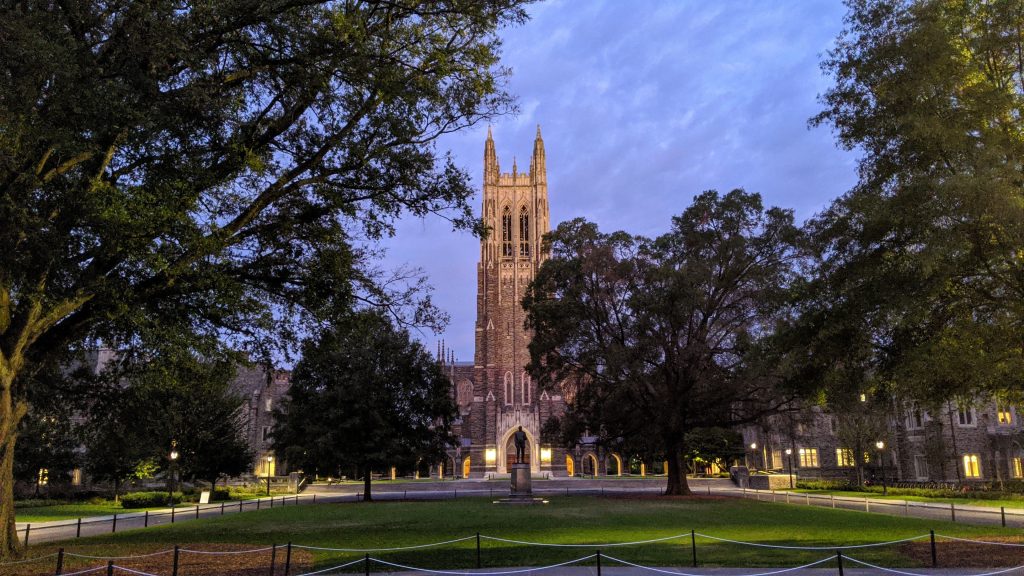The ongoing efforts by Duke University graduate students to unionize are emblematic of a larger, national trend that is reshaping traditional roles within academia. Proponents argue fervently that unionization is long overdue, aiming to rectify issues related to working conditions, wages, and benefits, while also asserting principles of financial autonomy and empowerment. Conversely, critics raise significant concerns that unionization could disrupt the traditional academic model, potentially politicize campus dynamics, and compromise the core educational mission by introducing external influences into university affairs.
Recently, Duke University witnessed a pivotal moment as graduate students decisively voted in favor of unionization, despite vigorous opposition from the university administration. The vote, which saw overwhelming support with a margin of 1,000 to 131, highlights the deep divisions and complexities surrounding this contentious issue. The university had contested the classification of graduate students as employees, arguing that they primarily serve in educational roles under the guidance of mentors, rather than functioning as traditional employees. However, the National Labor Relations Board (NLRB) intervened and affirmed the students’ eligibility to pursue collective bargaining rights under federal labor law, paving the way for the historic vote.
In response to these developments, Duke University has expressed a commitment to engaging constructively with the graduate student union. The administration maintains that its relationship with graduate students is fundamentally centered on education, training, and mentorship, distinguishing it from typical employer-employee dynamics. Duke has also emphasized comparative benefits it offers, such as robust medical and dental premiums exceeding those at some unionized universities, alongside recent increases in stipends.
Looking ahead, the path to formalizing the unionization process is fraught with challenges. Potential hurdles include legal challenges to the election results and the protracted negotiation of a bargaining agreement. Historically, many newly formed graduate student unions have faced difficulties in securing contracts within the first year, underscoring the arduous journey that lies ahead for Duke and its graduate student union.
Experts and stakeholders offer diverse perspectives on the implications of graduate student unionization. Proponents argue passionately that unions can coexist harmoniously with university administration, potentially enhancing working conditions and ensuring fair treatment without fundamentally altering the educational fabric. They contend that unionization empowers graduate students to advocate for their rights and interests effectively within institutional frameworks. In contrast, critics voice concerns about potential micromanagement of academic operations, the injection of external political agendas into campus life, and disruptions to the collaborative dynamics between students and faculty.
The debate over graduate student unionization at Duke University resonates deeply within the broader context of labor relations in higher education. It serves as a microcosm for larger questions about the future of academic governance and institutional autonomy. The outcome of these discussions could potentially redefine the landscape of higher education, influencing policies and practices across campuses nationwide.
Ultimately, the trajectory of graduate student unionization at Duke University and similar institutions will continue to provoke scrutiny and debate among academic communities and administrative bodies alike. Whether this movement represents a transformative shift towards greater labor rights and representation or merely a transient phase remains a subject of intense deliberation and speculation. As stakeholders navigate these complex issues, the implications for the future of academic governance and student-faculty relationships remain profound and far-reaching.











